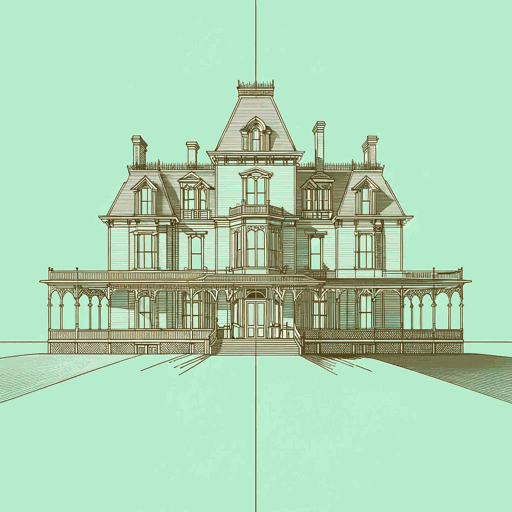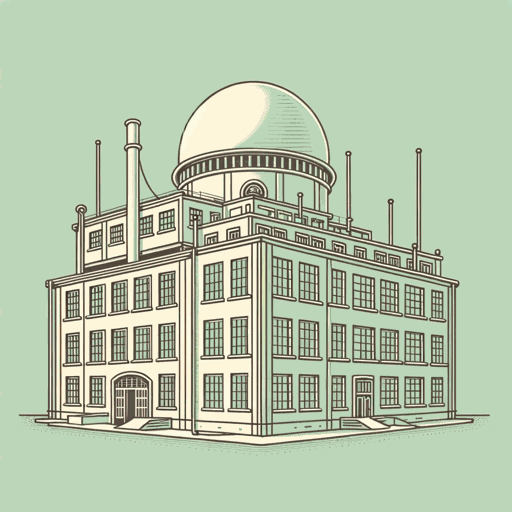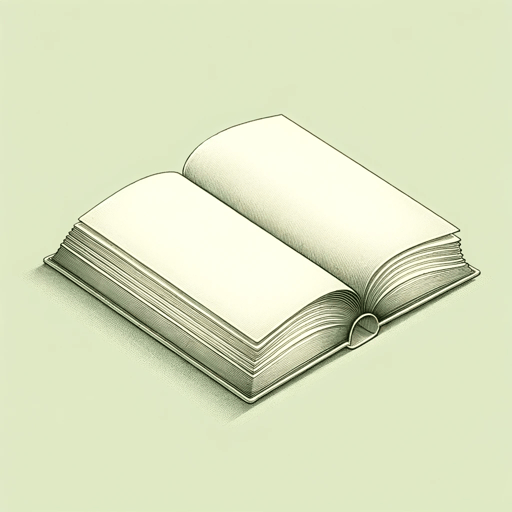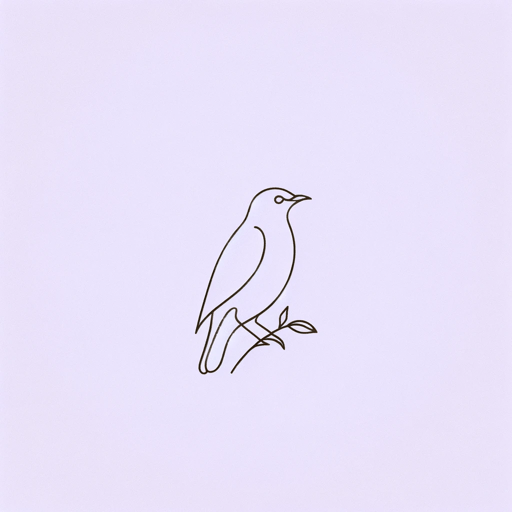62 pages • 2 hours read
Aldous HuxleyCrome Yellow
Fiction | Novel | Adult | Published in 1921A modern alternative to SparkNotes and CliffsNotes, SuperSummary offers high-quality Study Guides with detailed chapter summaries and analysis of major themes, characters, and more.
Summary and Study Guide
Overview
Crome Yellow (1921) is a short satirical novel by British writer Aldous Huxley. Set during a summer house party at an English country estate, it explores changing social and cultural dynamics in post-World War I Britain by juxtaposing characters with very different personal backgrounds, belief systems, and desires. The text has been described as a comedy of manners and a novel of ideas, and as an early example of literary modernism, it features instances of disruption, fragmentation, and illegibility in communication. It also foreshadows literary postmodernism in its use of intertextuality, pastiche, and self-reflexivity.
This guide refers to the Vintage Classics edition of Crome Yellow (Random House, 2004).
Content Warning: This guide refers to scenes involving suicidal ideation and sexual harassment.
Plot Summary
Aspiring poet Denis Stone travels from London to Crome, a country estate owned by the Wimbush family, for a summer holiday. He arrives to find the drawing room empty and goes upstairs to look for Priscilla Wimbush, wife of Crome’s owner, Henry Wimbush, who is obsessed with the occult and uses astrology to place bets on horse racing. She tells Denis she has invited Mr. Barbecue-Smith, the writer of some of her favorite spiritual texts, to visit for the weekend. When he arrives the following day, he tells Denis that the key to being a successful writer is using dissociative states—which he calls “Inspiration”—to produce huge amounts of writing without even trying. Denis finds him and his ideas and aphorisms ridiculous.
The topic of writing also comes up on Denis’s first day at Crome, out in the garden, where Mr. Scogan, a guest with very strong ideas about art, expresses his horror over the fact that Denis is writing a novel rather than another collection of poetry. When Mr. Scogan guesses that the novel concerns an artistic young man, Denis feels humiliated.
Meanwhile, he is in love with another guest at Crome, the Wimbush’s niece Anne, whom he has included in one of his published poems. Anne, however, is not particularly interested in high-brow literature, and she finds Denis’s habit of making literary allusions in ordinary conversation annoying. The next day, as the two walk together in the garden, Denis talks about the difficulty of trying to fit one’s life into a predetermined philosophy, to which Anne replies that he takes life too seriously and that he needs a wife and a regular job, which hurts Denis’s feelings.
Anne’s practical approach to life also manifests later that evening, when another houseguest, 23-year-old Mary Bracegirdle, comes to her room and theorizes about the possibility that she may be sexually repressed. Anne suggests that Mary pursue one of the eligible men at Crome, who amount to Denis and a French painter named Gombauld. Mary decides on Denis, but when she attempts to engage him in conversation by asking him about his favorite poets, Denis, who is preoccupied by the unwelcome sight of Anne dancing with Gombauld, names three diseases of wheat in reply.
Mary then decides to pursue Gombauld, whom she visits in his makeshift studio on the Crome estate. There, having been unable to progress from Cubism to abstraction, per the artistic tendency of the day, Gombauld is attempting to combine rich images of nature with simpler formal abstractions. Mary looks at his current painting of a man falling from a horse and finds it so realistic (and thus aesthetically retrograde) that it has a trompe-l’oeil effect. Gombauld guides her out of the studio. He is more interested in Anne, anyway, but Anne repeatedly rejects him, leading him to paint a portrait that expresses her cruelty in revenge.
Interspersed among these various ineffectual attempts at flirtation are assorted country-house activities: a visit to an estate farmyard, attendance at a church service, talk about the history of Crome and the future of human reproduction, and conversation about contemporary matters ranging from art to sex. The arrival of Ivor, a charming young man who plays piano and sings, sketches from inspiration from a “spirit world,” and womanizes indiscriminately, injects new excitement into the house party, particularly for Mary. One hot night when both she and Ivor are unable to sleep and go up to two different towers that rise from the house, Ivor ends up in Mary’s tower and in the morning presents her with a peacock feather. Then, later that day, he departs without warning, leaving Mary crushed.
Left out of all of these matches and mismatches, Denis writes some poetry about unrequited love, but throws it away. Then he thinks about his unrequited love for Anne and is unable to write. When he finally tells Anne that he loves her, she blushes and says she feels sorry for him. Feeling adrift, he, too, ends up in one of the towers one night after witnessing what he thinks is a passionate embrace between Anne and Gombauld, but is in reality Anne’s attempt to wrestle free of the painter. There, he thinks about jumping off, but Mary, who has been trying to sleep outside again, startles him. He tells her about his recent woes with Anne, while Mary tells Denis about her recent heartbreak with Ivor. She also tells Denis that he should leave Crome and hatches a plan wherein the next day, Denis is to sneak off to the post office and send himself a telegram to Crome saying that he is needed in London. Denis agrees to the plan and goes back to bed.
The next morning, after he sends himself the telegram, Denis begins to regret the plan, wondering if he what he saw was actually Anne and Gombauld embracing. The telegram arrives after lunch, and Denis reluctantly reads it, telling the group that he must return to London on family business. Noticing that Anne seems upset about this, he feels as though he has planned his own funeral. As he gets into the car that will take him to the station—which he compares to a hearse—he jokingly quotes a poem and looks for a reaction, but no one notices.
Related Titles
By Aldous Huxley




